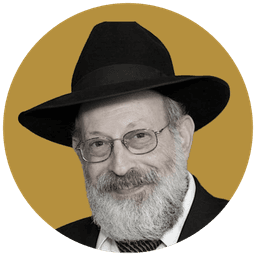New York’s Years-Long Battle To Regulate Yeshiva Education Is Coming to a Head
Despite the New York State Education Department’s complaints, yeshivas excel to a degree well beyond what public schools accomplish.

The other evening, like most evenings, I walked to a local synagogue at Staten Island, where I live, for maariv, the day’s final prayer service. And, as usual, I entered the large building through a study hall that adjoins the main prayer room.
Please check your email.
A verification code has been sent to
Didn't get a code? Click to resend.
To continue reading, please select:
Enter your email to read for FREE
Get 1 FREE article
Join the Sun for a PENNY A DAY
$0.01/day for 60 days
Cancel anytime
100% ad free experience
Unlimited article and commenting access
Full annual dues ($120) billed after 60 days

